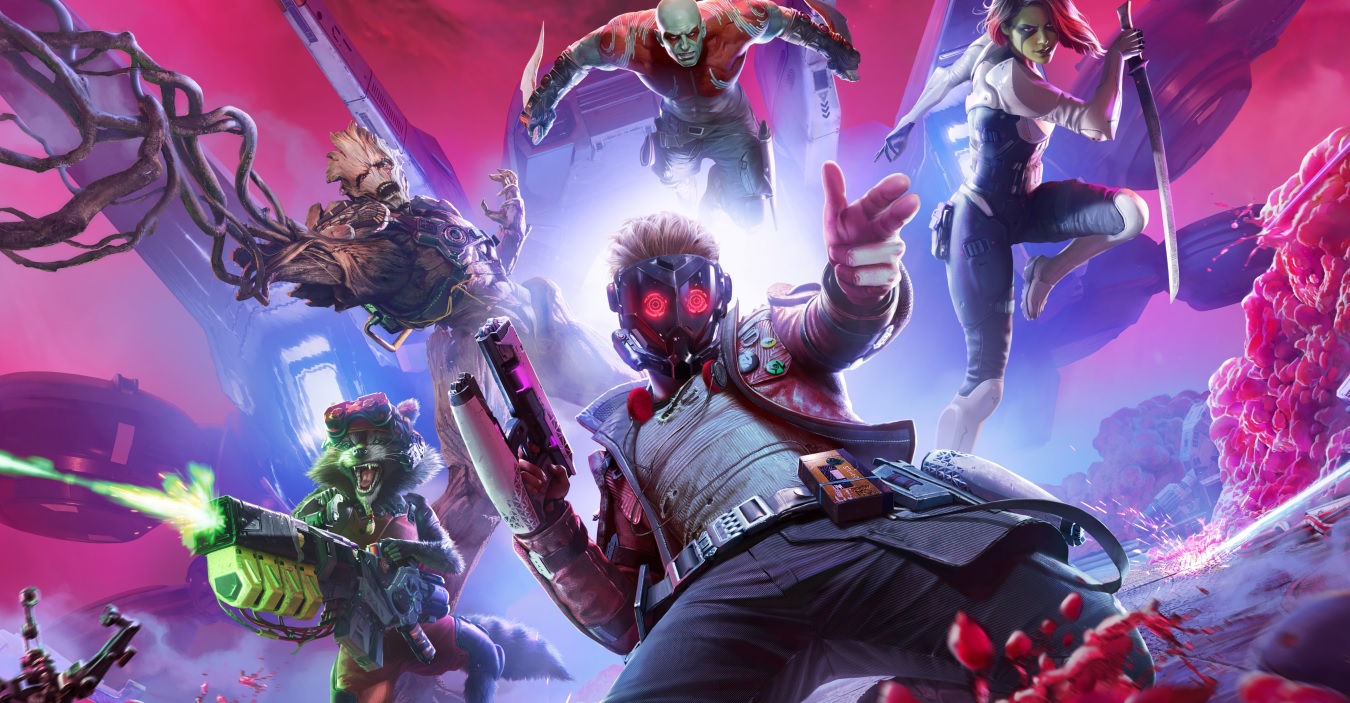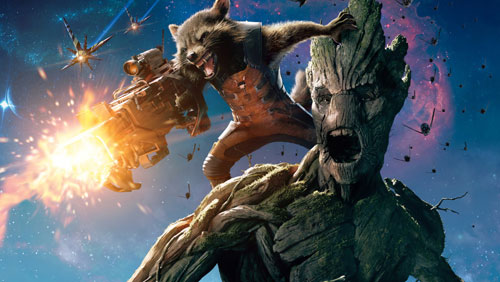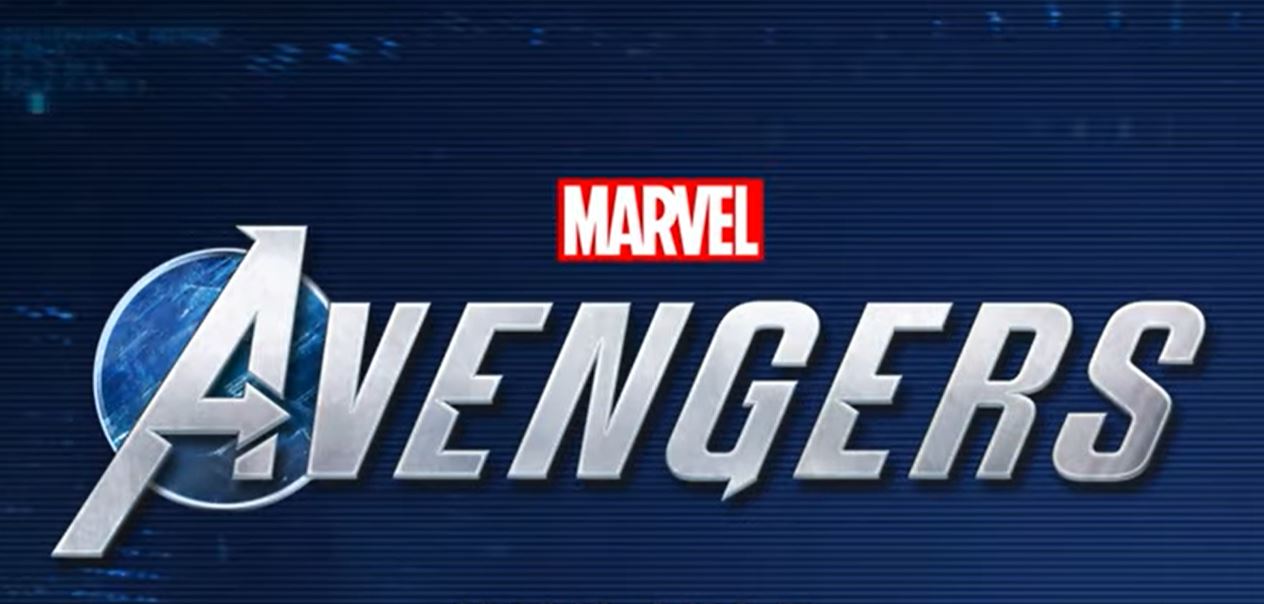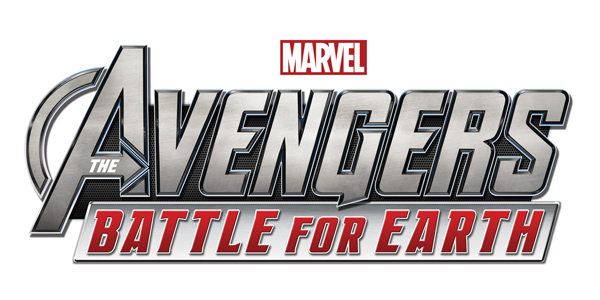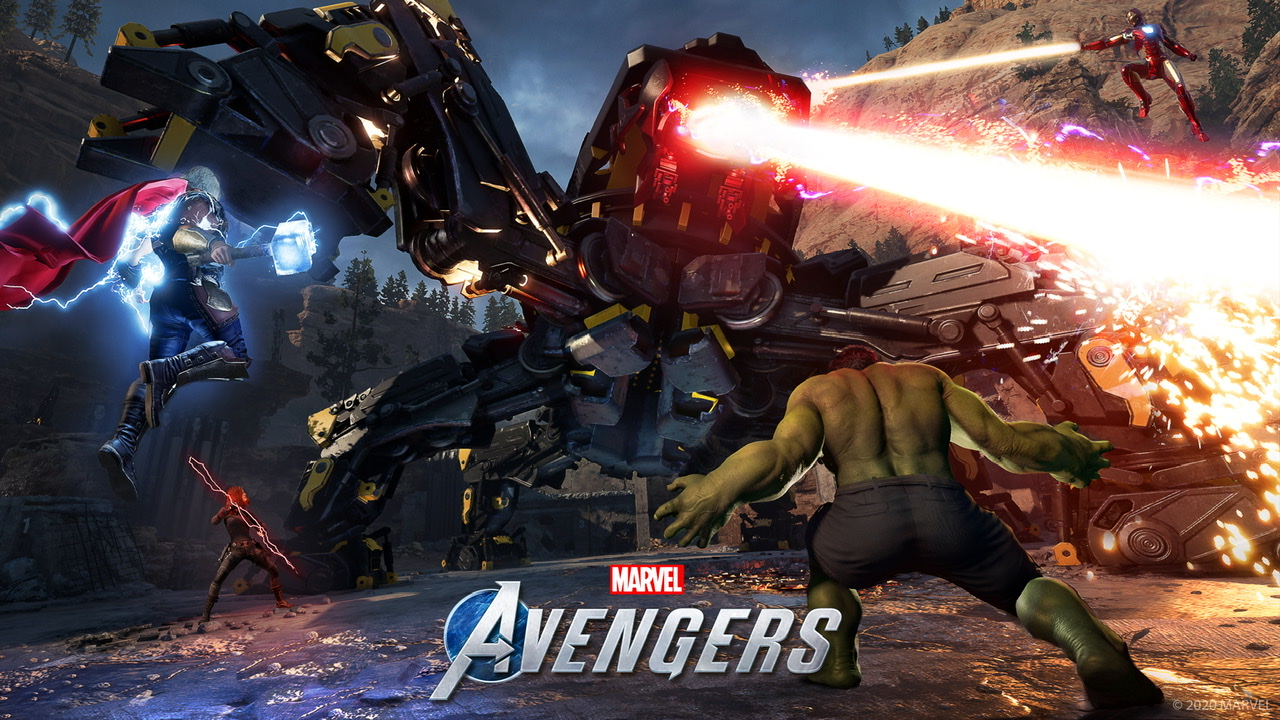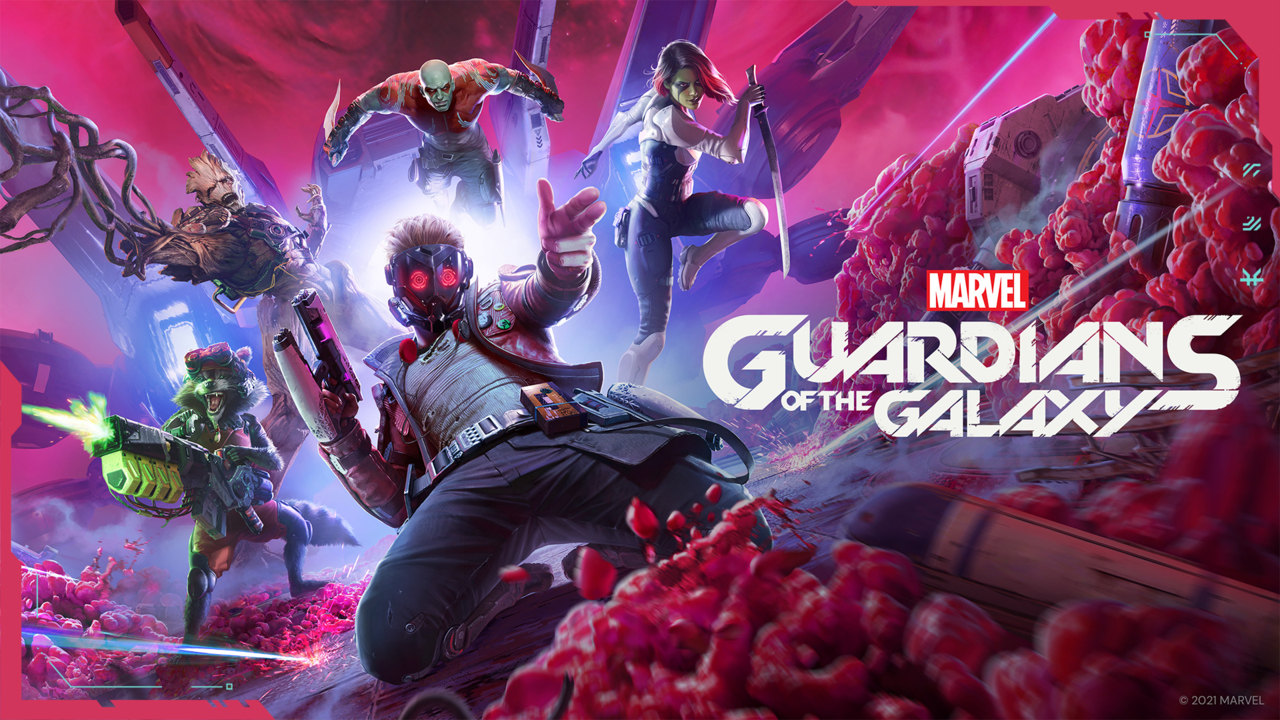
After last year’s lukewarm launch of Marvel’s Avengers from Square-Enix, it’s safe to say expectations weren’t set too high for their next Marvel adaptation from Eidos Montreal, Guardians of the Galaxy. Like last year’s Avengers, Guardians of the Galaxy takes after the popular Marvel Cinematic Universe’s revamp of the titular characters, with models that feel like stunt doubles from the movies, and voice actors using the MCU performances as a starting point. However, while Avengers felt like a game that tried to do everything – be a narrative single-player cinematic adventure, co-op brawler, live service game – and failed to successfully balance it, Guardians of the Galaxy feels like it may have begun with similar intentions, but smartly decided to focus on just providing one experience well – a great single-player game.
In a variation of the characters from the MCU films, the Guardians of the Galaxy are already heroes for hire at the start of the game. Their history is a little different – a war between races has set the stage for a universe without the menace of Thanos, and with plenty of wreckage ripe for pillaging. Ex-pirate Star-Lord/Peter Quill, along with his team-mates Gamora, Drax, Rocket and Groot, accidentally unleash a strange force from one of these wrecks while on a job which of course leads to all sorts of problems for our heroes and the galaxy.
Everything is more or less in-line with the Marvel movies, not treading too much of the same ground, but just enough to explore the slightly different origins of the heroes, while providing them a new threat that feels like the sort of thing the Guardians would be dealing with. However, the game goes to great lengths not only to flesh out their own version of the galaxy with plenty of worldbuilding, but also delve a lot deeper into each of the characters.
There’s nonstop banter between the characters throughout Guardians of the Galaxy. Much of it is hilarious, but a lot of it is also insightful, with each of the team members each deeply affected by their own trauma, which manifests both in bickering and outright arguments which you, as Peter, always find yourself mediating. While the options for dialogue are frequently basic, usually between sappy and sarcastic, your choices can peel back the layers, as can taking the time to talk to everyone during downtime on your ship, the Milano. While the overall threat at play in Guardians of the Galaxy feels very been-there-done-that, especially in a setting like this, it’s the characters and humour that the writing team have brought to life that elevate the campaign. There’s also plenty of appearances from obscure corners of the Marvel galactic mythos, including some characters we’ve seen before in the films, some who are yet to appear, and others who you probably didn’t think would ever get a video game appearance.
What also helps is the gorgeous visual design of Guardians of the Galaxy. While the Guardians themselves are minor variations on their MCU counterparts, the environments they explore are unlike anything I’ve seen in a long time. Seeming to draw inspiration from bizarre imagery I’ve only seen on sci-fi novel covers, Guardians of the Galaxy showcases fantastic imagination, from neon-coloured space-gel holding together a ruined fleet, to eccentric geometry permeating an asteroid field, to the indulgent golden architecture of the Church of Universal Truth. Every location has its own visual language, although its all tied together by the just plain out-there-ness of it all.
While it very much feels like Eidos Montreal have pulled off something similar to Insomniac’s Marvel’s Spider-Man, which used the films as inspiration to craft its own engaging world and characters, this is very much an on-rails experience compared to that game. Comprising sixteen chapters, you’re guided from one location to the next as you’re pulled through basic environmental puzzles and combat encounters. While there are five guardians, you only ever directly control Star-Lord, despite the nagging feeling (especially early on) that locations, animations and some puzzles were designed with co-op in mind before a course-correction somewhere in development. Your control over your compatriots is limited to single commands – Gamora can slice enemies, Groot can make bridges, Rocket can hack, etc. While there are a couple of puzzles that require some brainpower into what combination to use their powers, their abilities are mainly used to further the story’s themes of teamwork and co-operation, particularly towards the end as characters begin to anticipate your requests.
Combat, likewise, is relatively simple and uses similar mechanics, but is nonetheless fun, especially as you open up variations on the Guardians’ abilities. Peter’s Element Guns gain different elemental powers which can freeze enemies, shock them or deal damage over time. Stronger enemies have stagger gauges that require activating your friends’ skills to wear down. It’s simple but effective, even if combat encounters do get repetitive as you get thrown into arena after arena with waves of similar mind-warped baddies to dispense of. Peter’s standard weapons can feel a little ineffectual by themselves as well, with a powered-shot that’s a little too unwieldly and many bosses and stronger enemies essentially being damage sponges with multiple health bars to knock off.
The game is a healthy 20 hours in length, and that repetitive combat does start to wear thin towards the end, especially as thorough players will have likely upgraded all their abilities and perks far before the final endgame. The narrative does also start to feel stretched, with several re-visits to the same evil lairs and situations before retreating and returning for another whack at it, although it helps that the final encounter relies a little more on your wits and the Guardians’ personality than it does on physical challenge.
It’s also worth mentioning that at this stage post-launch I still encountered quite a lot of bugs, some requiring checkpoint reloads and others crashing the game. Events sometimes won’t trigger, preventing progress, or character models will warp into each other in significant cutscenes, and sometimes Star-Lord can fall through the floor, legs spasming all the way down into the void.
That said, Guardians of the Galaxy is one of the big surprises of the year, producing a thoroughly charming single-player adventure that brings the weird space side of the Marvel universe to life in ways that even the James Gunn films haven’t thought to do yet. The actual combat and puzzles are relatively simple, yet enjoyable, but this is still up there with the best narrative experiences of the year, and a must for any Marvel fan.
-Well-written, engaging narrative expands on the Guardians further than their MCU inspiration -Teamwork is well-integrated both into simple puzzles and combat -The absolute banter
-Bugs, some minor and some necessitating restarts, persist through the whole game -Combat, simple as it is, becomes repetitive by the end -Narrative choices don't change a whole lot



